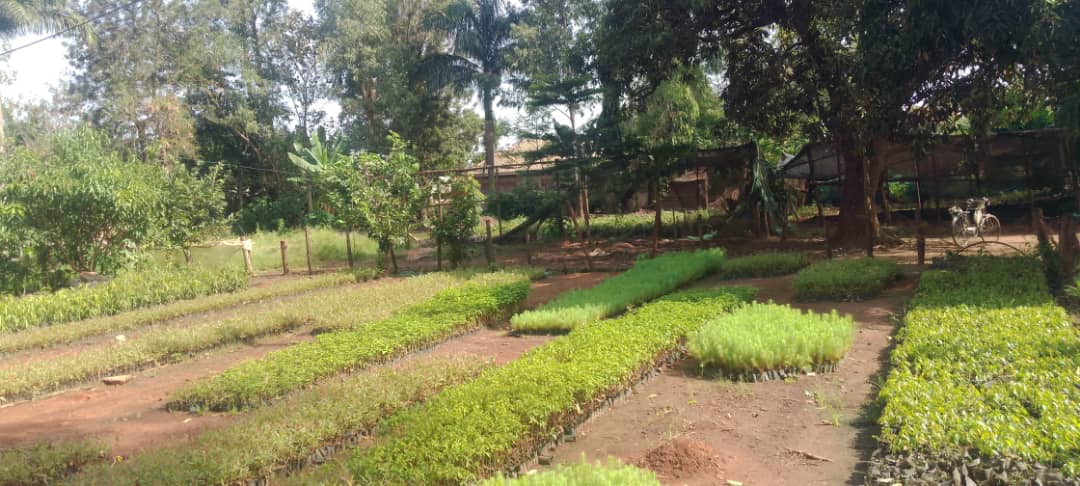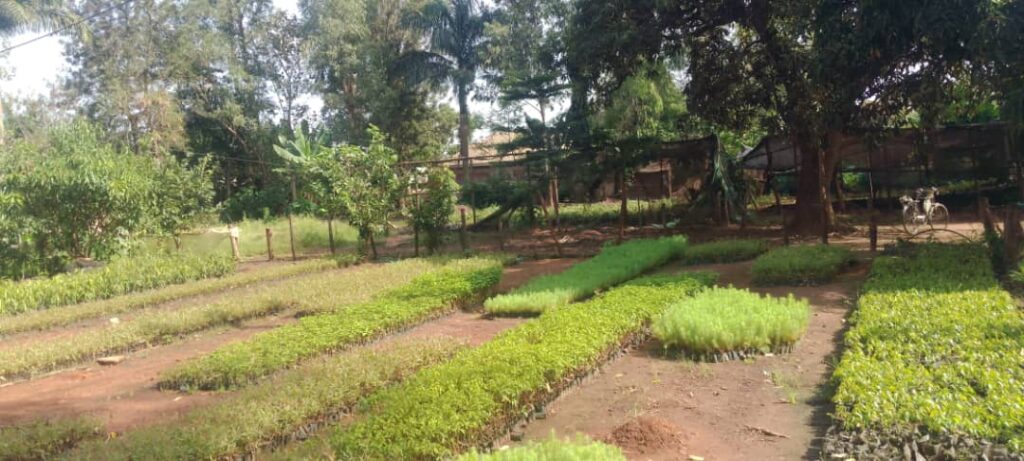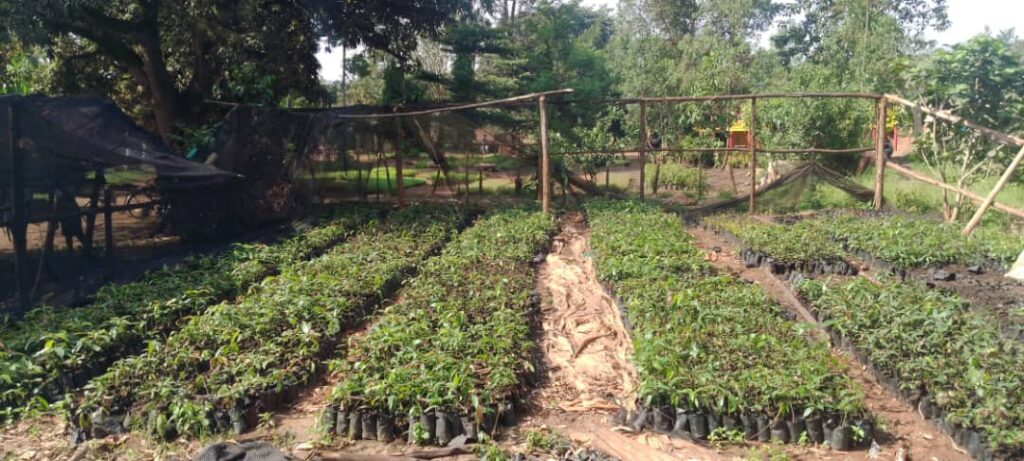
 Radio Wa
Radio Wa

 Radio Wa
Radio Wa
19 September 2025, 2:21 pm

By Agness Agilo
Otuke district has intensified efforts to restore its degraded environment by embracing an afforestation program spearheaded by Kijani Forestry, a non-governmental organisation.
Speaking to Radio Wa, Francis Abola explained that the initiative follows the aftermath of the LRA insurgency, which left many residents returning from camps without a stable source of income. In their struggle to survive, locals turned to Shea nut trees—valued for producing high-quality charcoal—as a primary economic resource.
Despite a government ban on the cutting of Shea trees, Abola noted that many community members continue the practice, with a bag of Shea charcoal fetching up to 100,000 shillings. The high market value has made enforcement of the ban difficult.
To combat this, Kijani Forestry, in partnership with the district, has launched an afforestation campaign aimed at reversing the effects of deforestation and climate change. Tree seedlings of various species are now being distributed free of charge to households, with the goal of encouraging widespread participation in tree planting.

Abola emphasised the importance of involving every household in this reforestation effort, saying it is key to restoring Otuke’s once-favorable climatic conditions.
The district has also enacted a new ordinance prohibiting the cutting of Shea nut trees. So far, seven individuals have been arrested and imprisoned for violating the law. Abola warned that unchecked deforestation is turning Otuke into a desert and contributing to severe food shortages due to poor rainfall patterns.
However, he remains optimistic. With sustained tree planting and community involvement, Abola believes Otuke can recover its environment and secure a better future.